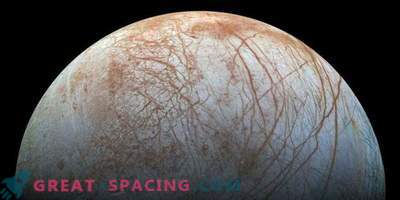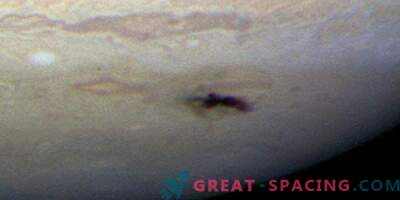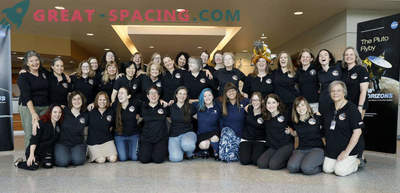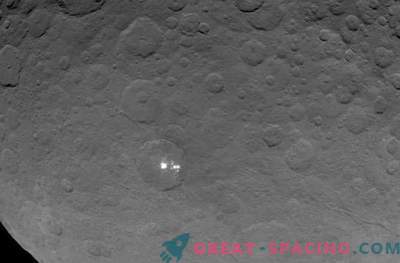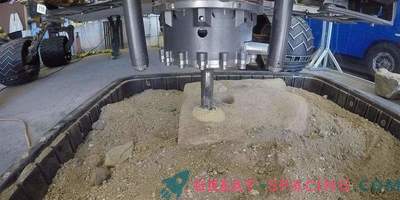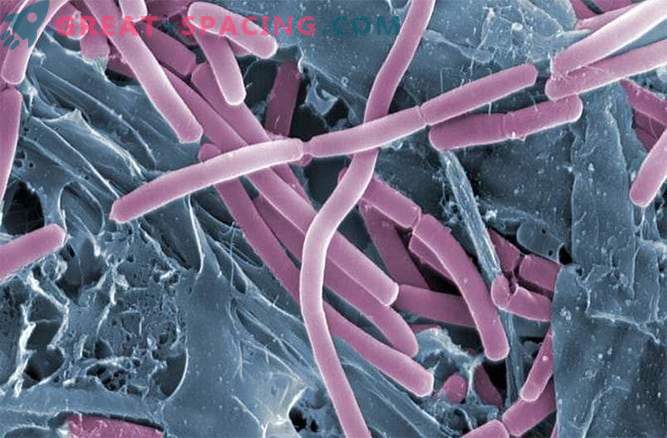
The idea of the possibility of life in the ocean of Europe - the satellite of Jupiter may be insane. But laboratory tests show that some terrestrial bacteria adapt well to salty and sulfate-rich environments, so there is the likelihood of life under the ice shell of Europe.
In addition to the liquid ocean on Europe, which would take up one-fourth of the earth, there is a metal core and a rocky mantle, providing possible sources of energy to sustain life. NASA data from the Galileo mission indicate that there is salt in the ocean of Europe and it is rich in magnesium sulphate. The data obtained by scientists is curious, it is known that some bacteria live in harsh climatic conditions on Earth, so it is likely that bacteria can also exist in more extreme conditions in Europe.
Astrobiologist Sandra Ramirez, from the University of Mexico “Universidad del Estado de Morelos” and her colleagues investigated three bacterial strains - Bacillus pumilus, Halomonas halodurans and Salinibacter ruber. The experiments were conducted in different concentrations of sodium chloride, magnesium chloride, sodium sulfate and magnesium sulfate. The experiment was supposed to reveal the ability of bacteria to grow in an extreme environment. The researchers found that all three bacterial strains were able to adapt to a concentrated saline environment, and Salinibacter ruber was particularly addicted to magnesium sulfate. “We have seen very different behaviors of bacteria in an extreme environment and are conducting experiments, identifying the cause of this,” Ramirez told at the International Astronomical Congress in Jerusalem. The first experiments show that the ocean Europe can sustain life, despite the large number of potentially extreme conditions, such as temperature, acidity, pressure and salinity.
NASA and the European Space Agency are planning flights to Europe. The spacecraft will have probes examining cracks in the ice surface of the satellite. New research will help scientists find out what signs of life need to be searched for; a satellite will be able to collect water samples from a probable plume, which was taken at the South Pole of Europe.
“I think it will be very difficult to detect bacteria in the plume, but there is one idea how to search for the biosignals of this type of bacteria, for this you need special equipment, but this can be done,” says Ramirez.







